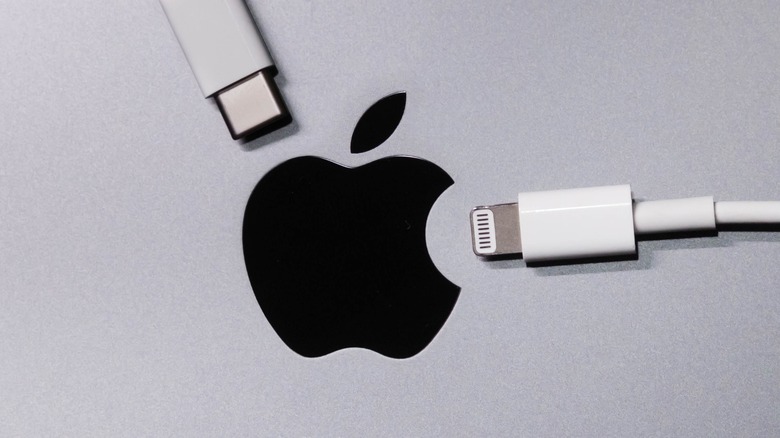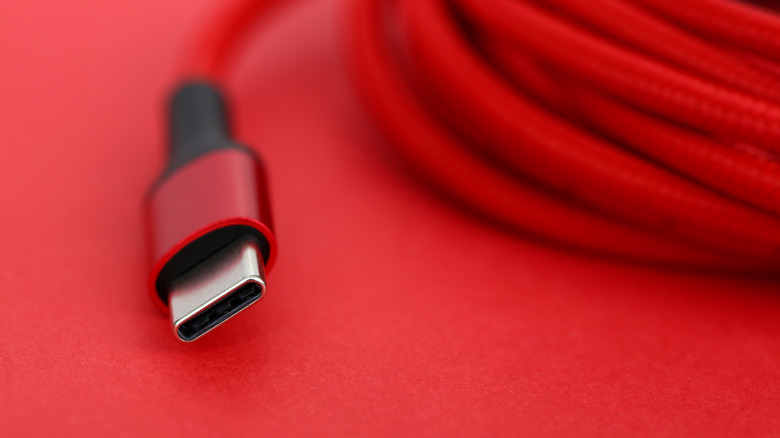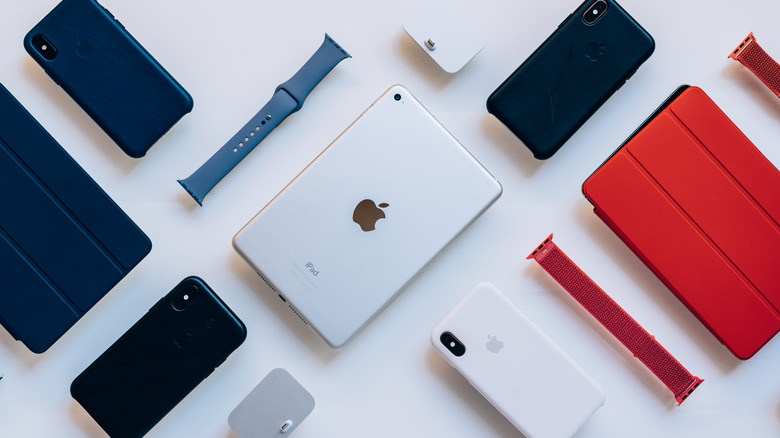Apple Reportedly Testing USB-C iPhones, Which May Signal The End Of The Lightning Port
Close on the heels of analyst Ming-Chi Kuo's claim that Apple is seriously considering ditching the Lightning connector; we now have Bloomberg analyst Mark Gurman reporting the same. An article by Gurman asserts that Apple has already started testing iPhone models with the USB-C connector, citing an unnamed source. In addition to new USB-C-ready phones, it's reported that Apple is also reportedly working on designing adapters that will enable older Lightning port-compatible accessories to work with USB-C iPhone devices of the future.
Like Ming-Chi Kuo, Gurman estimates that the first USB-C port iPhone devices won't arrive until the second half of 2023. Effectively, this also means that the upcoming iPhone 14 models — expected to launch in September 2022 — would continue to use the Lightning port as the sole wired connectivity standard. It's likely the first iPhone models to potentially sport USB-C ports will be the iPhone 15 series, expected in 2023. This will also mark the end of the road for the Lightning port, a standard that Apple introduced with the iPhone 5 back in 2012.
USB-C iPhones: Why now?
Until recently, Apple did not seem keen on ditching the decade-old Lightning port. And why would they? The company was making millions of dollars selling accessories that needed to be Lightning port compatible for them to work with iPhones. Apple has required accessory makers to pay them for the privilege of giving them access to its ecosystem as long as there's been an iPhone. Apple continued to milk this privilege even after the rest of its product lineup — including iPads and MacBooks — already supported the now prevalent USB-C standard for various purposes.
Instead, the sudden change of heart seems to have been the result of unrelenting pressure from the European Union. The EU, for the past few years, has been pressing for a common standard for wired connectivity options on smartphones and smart devices, a move that Apple has resisted until now. With the EU on the brink of passing new legislation mandating all device manufacturers to adhere to a common wired connectivity standard, Apple is seemingly left with no option but to begrudgingly fall in line and give in to the EU's demands.
Will this move benefit iPhone users?
In the long run, the move to USB-C is likely to be a win-win situation for iPhone users. Apart from the obvious advantage of not having to look around for an iPhone-specific charger, the move will also come with inherent benefits. The most significant of these would be the ability to offer quicker charging and data transfer speeds. The move to USB-C will also open the doors for the ability to a wider set of 3rd-party accessories on future iPhones. This would also mean Apple would have less control over the accessories marketplace, possibly leading to lower prices.
The initial phase of the switch to USB-C, however, could confuse long-time iPhone users with some of the company's older accessories — including AirPods, the Apple TV remote, the MagSafe battery pack, and the MagSafe Duo charger — continuing to use the Lightning port. To avoid these issues, we expect Apple to introduce a USB-C to Lightning adapter along with the first iPhones with USB-C ports.


